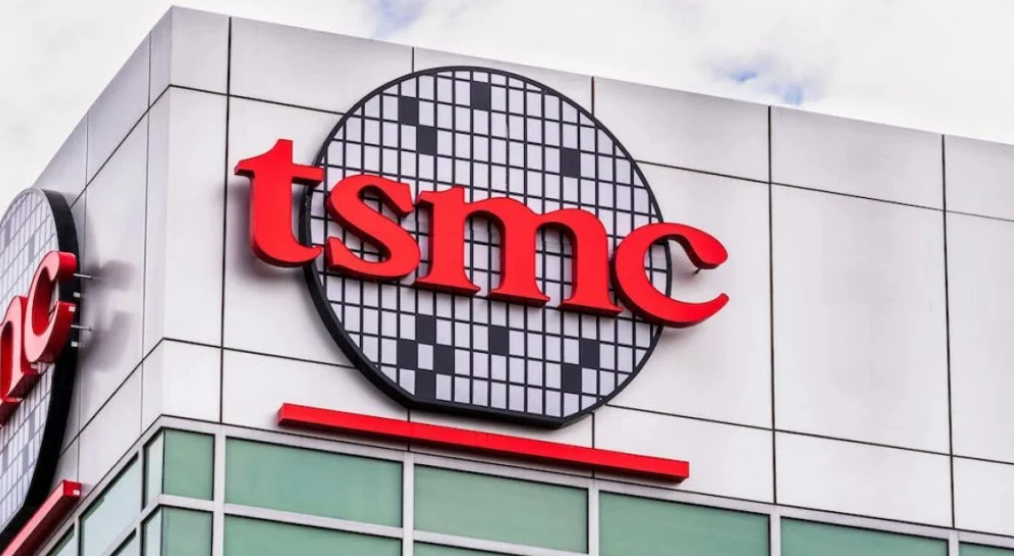In a significant move to bolster its semiconductor industry, Taiwan Semiconductor Manufacturing Co. (TSMC) is set to produce 6-nanometer chips at its second plant in Japan. This new facility, located at TSMC’s Kumamoto site in southwestern Japan, represents a total investment of $13.3 billion. The Japanese Ministry of Economy, Trade, and Industry is reportedly considering subsidies of up to $6 billion to support this venture.
These advanced 6-nanometer chips mark a significant leap for Japan, which currently manufactures products in the 40-nanometer range. The demand for cutting-edge chips, especially for 5G and artificial intelligence applications, is rapidly increasing globally.
Construction of the second plant is slated to begin next summer, with mass production expected to commence in 2027. TSMC aims to produce approximately 60,000 units per month, manufacturing both 6-nanometer and 12-nanometer logic semiconductors. Major customers, including Sony Group, are set to benefit from this production.

The Japanese government, as part of its economic stimulus package, is planning substantial subsidies for the semiconductor sector. The government is requesting a total of 3.35 trillion yen for this fiscal year’s supplementary budget. These funds will be allocated to special-purpose funds, supporting post-5G technology, advanced semiconductors, and aiding companies like TSMC and Japanese chipmaker Rapidus.
Furthermore, Intel is set to receive 50 billion yen in subsidies for research and development focusing on back-end processes like assembly and packaging. Collaborating with Japanese semiconductor material manufacturers, Intel aims to develop automated packaging technology for high-tech chips. Sony, a key supplier of image sensors for Apple’s iPhone, will receive 310 billion yen in subsidies to ramp up production and meet rising global demands.
Apart from individual company support, Japan plans to invest approximately 100 billion yen in research for automotive and AI chip design, strengthening crucial sectors. An additional 10 billion yen will be invested in training highly skilled workers, ensuring the availability of a qualified workforce for the expanding semiconductor industry.
This move comes amidst global efforts to boost domestic chip production. The U.S. and the EU have also earmarked significant funds for their semiconductor industries, with TSMC and Intel already announcing new production plans in various countries, supported by European subsidies.
Related :
- Samsung Expects 78% Profit Decline, Chip Business Shows Early Signs of Recovery
- China’s Semiconductor Imports Shows a Little Promise Amid Global Supply Shortage
- Japanese towns deploy robotic “Super Monster Wolves” to guard against bears
(via)






